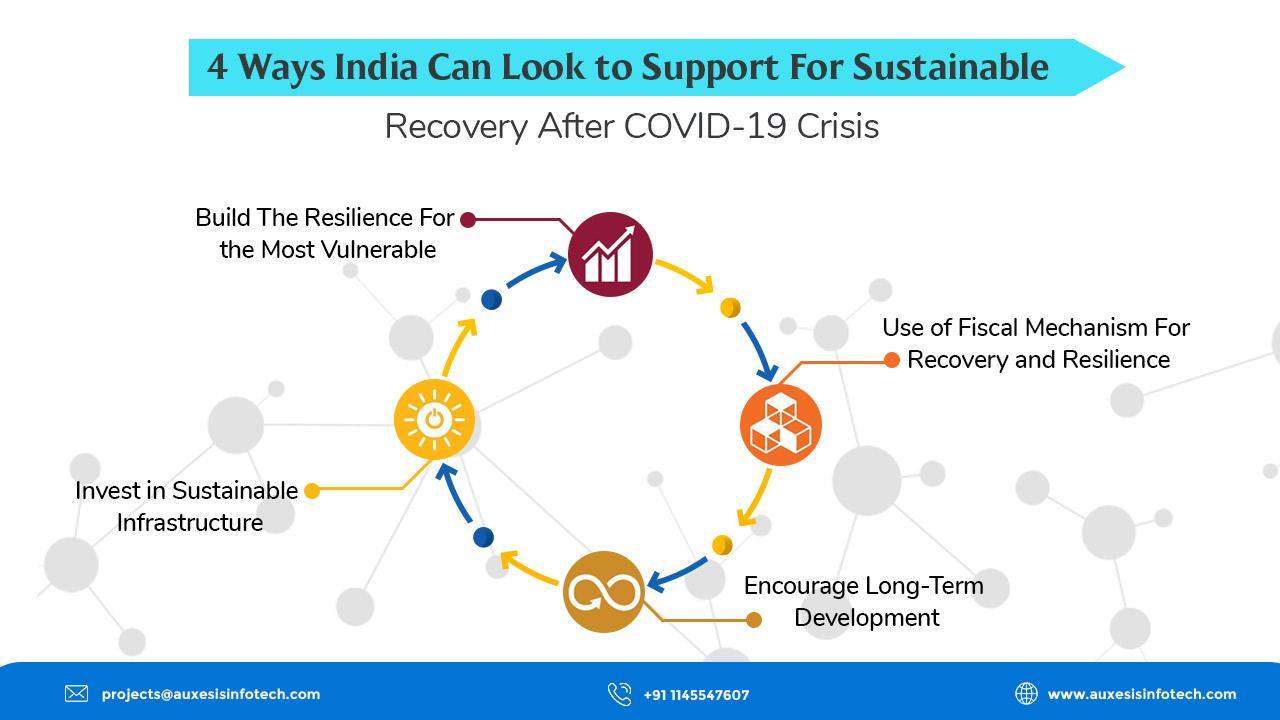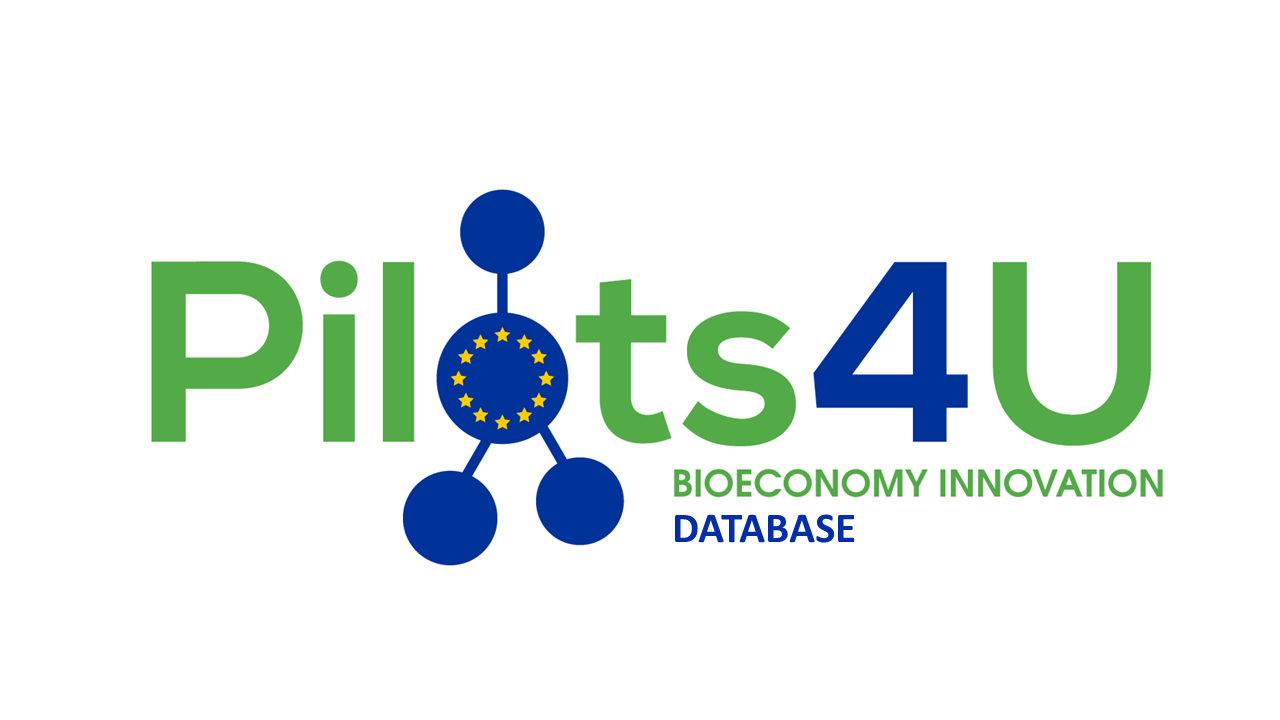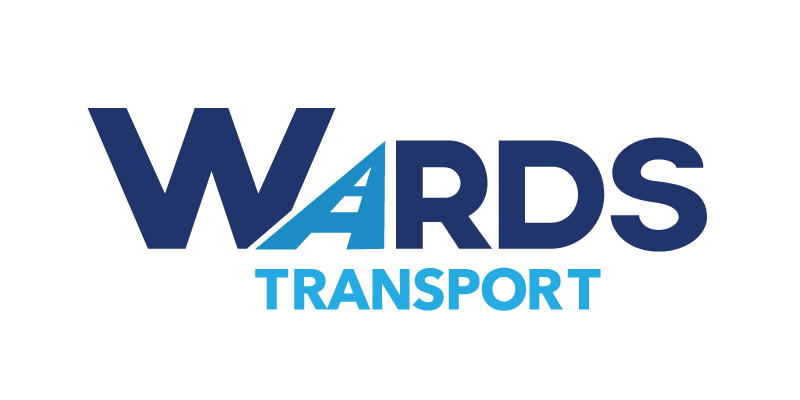
No one is sure about when will this COVID-19 crisis end. But it’s no longer a hidden secret that post-COVID-19 crisis, there will be a huge downfall in the world economy. International Monetary Fund (IMF) released its latest economic update on April 14th. In the update, the impact of COVID-19 on the global economy was discussed. According to them, there will be a “Great Lockdown” recession post this pandemic. It is predicted that the world economy will sharply decrease by 3% with all advanced economies that are expected to come into recession and decrease by 6.1% in 2020.
It was also discussed that both India and China are expected to grow as slow as the rate at 1.9% and 1.2%, respectively. The sharp contact in the economy has led many experts to discuss the ways through which governments can bring their economy back to normal. Considering the severity of this current situation, the government of different countries has an opportunity to think more widely and come up with a more sustainable recovery after COVID-19.
In this post, we will talk about the road to the economic recovery of India after the crisis. So, here are the 3 best ways to attain sustainable recovery after COVID-19 that the government can support.
- Invest in Sustainable Infrastructure
Just for the information, infrastructure investment is an effective way to boost economic activity and also to create jobs. India should look to take this opportunity to boost support for renewable energy such as rooftop solar. This can be done with appropriate business models and policies. The reason why it is important is that decentralized solar power will help the government to spread important services in remote regions.
In addition, increasing the electrification and adoption of public transport will be another infrastructure investment for sustainable recovery after COVID-19. It will not just only help reducing traffic congestion, but also air pollution. However, for that, close coordination will have to be maintained with the electricity sector. Besides, in order to reduce losses to farmers and ensure the delivery of agricultural produce, the government can look for continued investment in supply chain and cold storage facilities.
- Build The Resilience For the Most Vulnerable
When it comes to India’s workforce, almost 90% are informally employed including the gig economy workers. Just to let you know, they are vulnerable to economic shocks and require greater access to social safety nets and formal credit, like that of, pensions and insurance. Employment guarantee will be the only effective way to boost economic activity in the country. Hence, the government can bring broader than current schemes that will be conditional upon land ownership and occupation. Along with that, the government can also look to improve the life expectancy for sustainable development by expanding access to clean air, clean water, and primary health care.
- Use of Fiscal Mechanism For Recovery and Resilience
For sustainable development of the economy post-COVID-19, the fiscal mechanism can help the government to support recovery and resilience efforts. The government is expected to bail out a certain economic package for Micro, Small, and Medium Enterprises (MSME). Though they need immediate funding to deal with their expenses, the government can also provide capital for them to provide requires industrial energy efficiency upgrades.
Sectors like auto industries and aviation will also need huge support from the government to recover. With a fiscal mechanism, the government can look to provide an opportunity for these sectors to sustainable development after COVID-19 by providing cleaner technologies and fuel efficiency.
- Encourage Long-Term Development
Such has the outcome of the current crisis that the consumption pattern has changed completely. For example, the electricity consumption pattern has shifted as people working from their respective homes on flexible schedules. Along with that, non-essential purchases are also ceased temporarily. As a result of that, an opportunity is build to implement demand-side solutions to bring long-term changes for sustainable development. The government can promote the concept of reuse, recycle, and repair. This is the best way to attain sustainable recovery for consumption. It can contribute to the circular economy to reduce the waste caused by business models. Adopting the work-from-home policy can help the government to reduce road traffic congestion and air pollution. As a result of that, it can turn out to be an effective way to boost economic activity.
You may also like:
Reach Your Audience Online During COVID-19 With These Best Ways
How to Navigate Your Business Digitally During The Global Pandemic?
These are some ways that are expected to be taken by the government to attain sustainable recovery after the crisis of COVID-19. Do let us know your thoughts on it in the comment section down below. Auxesis Infotech is a highly noted web development agency with years of experience and expertise in offering the best solutions to clients. In addition to web services, we also offer online marketing services to help our clients build a strong online presence to stay connected with customers even during this time of crisis.
Recent Blogs
Our Clients








_0.png)





















Clutch & GoodFirms Reviews
Our success is demonstrated by having the most reviews compared to competitors.
Auxesis Infotech provides web development support on our Drupal platform. They are always flexible enough to help us achieve our goals. Very pleased with Auxesis competance, flexibility, communications and execution.
5

Richard Halderthy
Director Brand & Communications, Saint Gobain Ltd
30 Reviews
Powered by Clutch ![]()
I'm impressed by their communication and speed of action. Ever since we launched the redevelopment, there’ve been many compliments on the improved look, functionality, and ease of navigation.
5

Ryan Titley
Director of Projects, ERRIN
30 Reviews
Powered by Clutch ![]()
Get in touch with us!
Please fill in the form below, and one of us will get you or respond to your queries soon.





